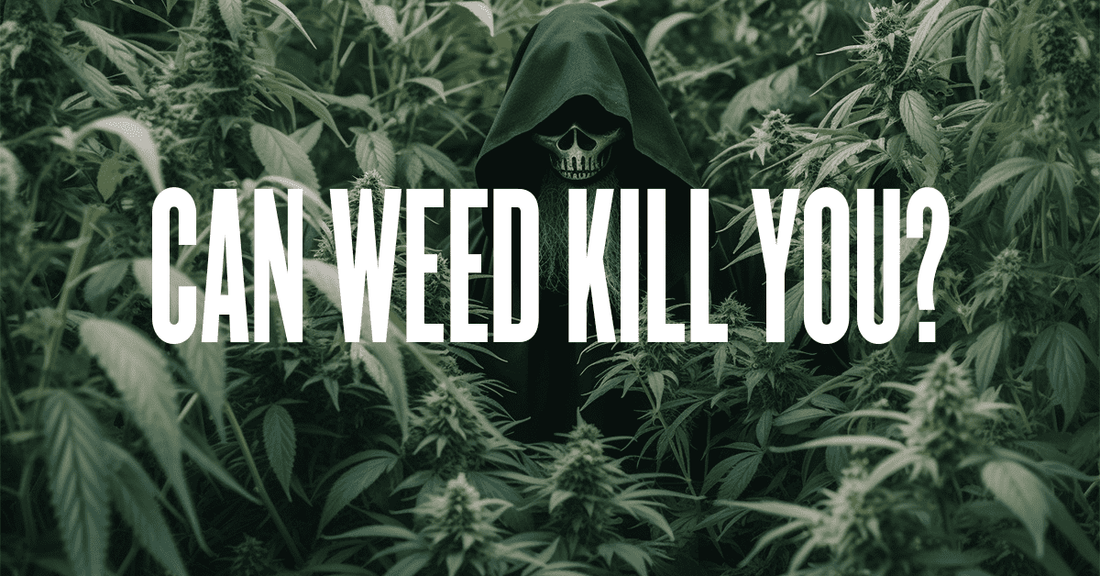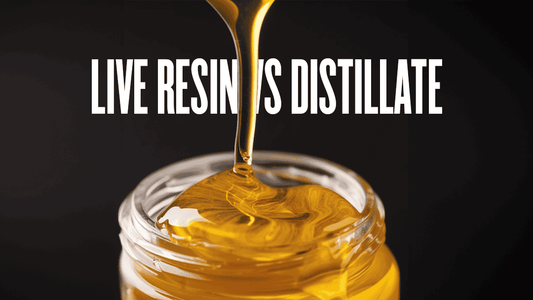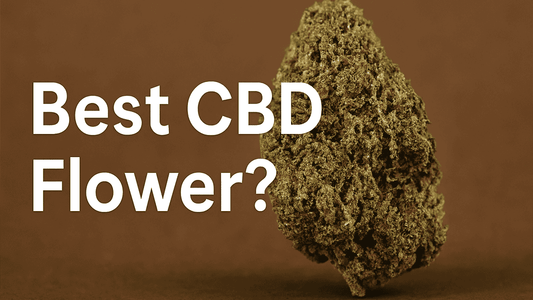There's a lingering question among both seasoned and novice cannabis users: can weed kill you? With an uptick in the use and acceptance of cannabis across the globe, the safety of the substance remains paramount. Many wonder about the long-term effects and the potential risks associated with its consumption. To answer this pressing query, this article delves deep into the statistics, studies, and information surrounding cannabis-related deaths.
Cannabis Deaths in Numbers

In recent years, there's been a marked increase in the deaths from weed in certain areas. Recent statistics from England and Wales reveal that in 2021, there were 26 cannabis-related deaths. This figure was notably higher in 2020, which saw 36 deaths. However, it's vital to note that the lowest number was recorded in 2011, with only seven cases. This shows that while there are cannabis deaths, they are still relatively low compared to many other substances.
Understanding the Causes

While some ask, "Can smoking weed kill you?" it's essential to understand the context. Most of the deaths recorded are not due to cannabis toxicity. A study from SAGE Publications showcased that out of the 3,455 cases in England from 1998-2020, death from only cannabis use was infrequent. Only 4% of these cases were related to the use of cannabis alone, and traumatic injury was the leading cause in these situations.
This points to an essential distinction between direct and indirect harm. While the immediate risk of death from cannabis toxicity is minimal, the indirect harms require more attention. Situations with a chance of traumatic injury or those with certain cardiac pathophysiologies might see cannabis as a contributing factor.
Comparing Cannabis to Other Substances

Many are curious: "What does weed do to you when compared to other substances?" When comparing the dangers of cannabis to other substances, especially when smoked, smoke inhalation can cause adverse effects. As with tobacco smoke, prolonged cannabis smoke exposure is linked to risks like cancer, lung damage, and poor pregnancy outcomes. However, the results of cannabis, minus the smoking aspect, are comparable to many approved medications.
Perception vs. Reality

A significant portion of the British public perceives cannabis as less harmful than many other substances. In a 2018 survey, over a third considered cannabis non-harmful, as opposed to just 4% who thought the same of tobacco. Despite this, it's crucial to differentiate between the perception and the actual effects of the substance.
To better understand the safety and quality of cannabis products, many are turning to third-party lab-tested products. Checking if your CBD product has undergone third-party lab testing can offer an added layer of assurance.
Conclusion
So, can you die from weed? While there have been deaths from weed, it's crucial to understand that direct cannabis toxicity is rarely the cause. Instead, indirect harms and accompanying factors play a more significant role. As the popularity of products like sprayed CBD flowers grows, staying informed about the rules and regulations and ensuring you consume safely is crucial.
In summary, while no substance is entirely benign, with informed choices and understanding, cannabis users can navigate the risks and benefits effectively.

 4.6 Rating. Excellent.
4.6 Rating. Excellent.




